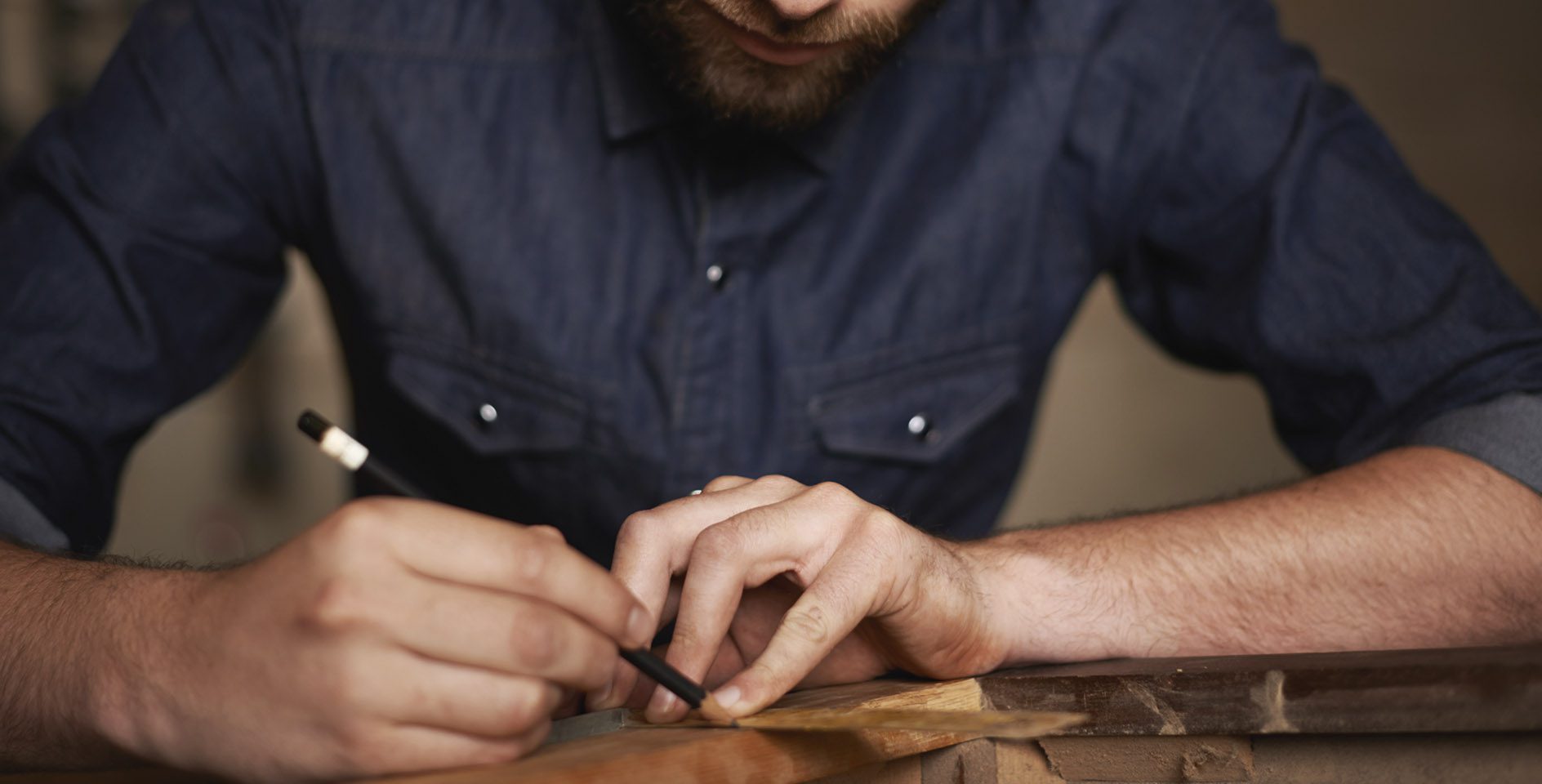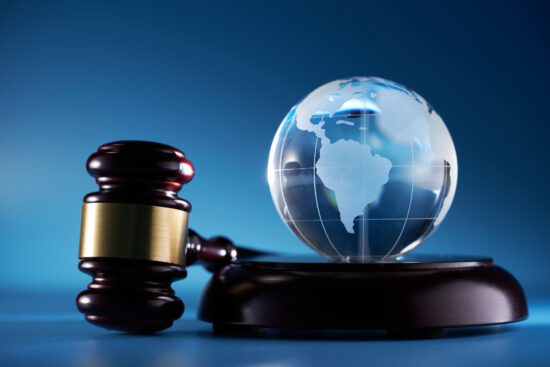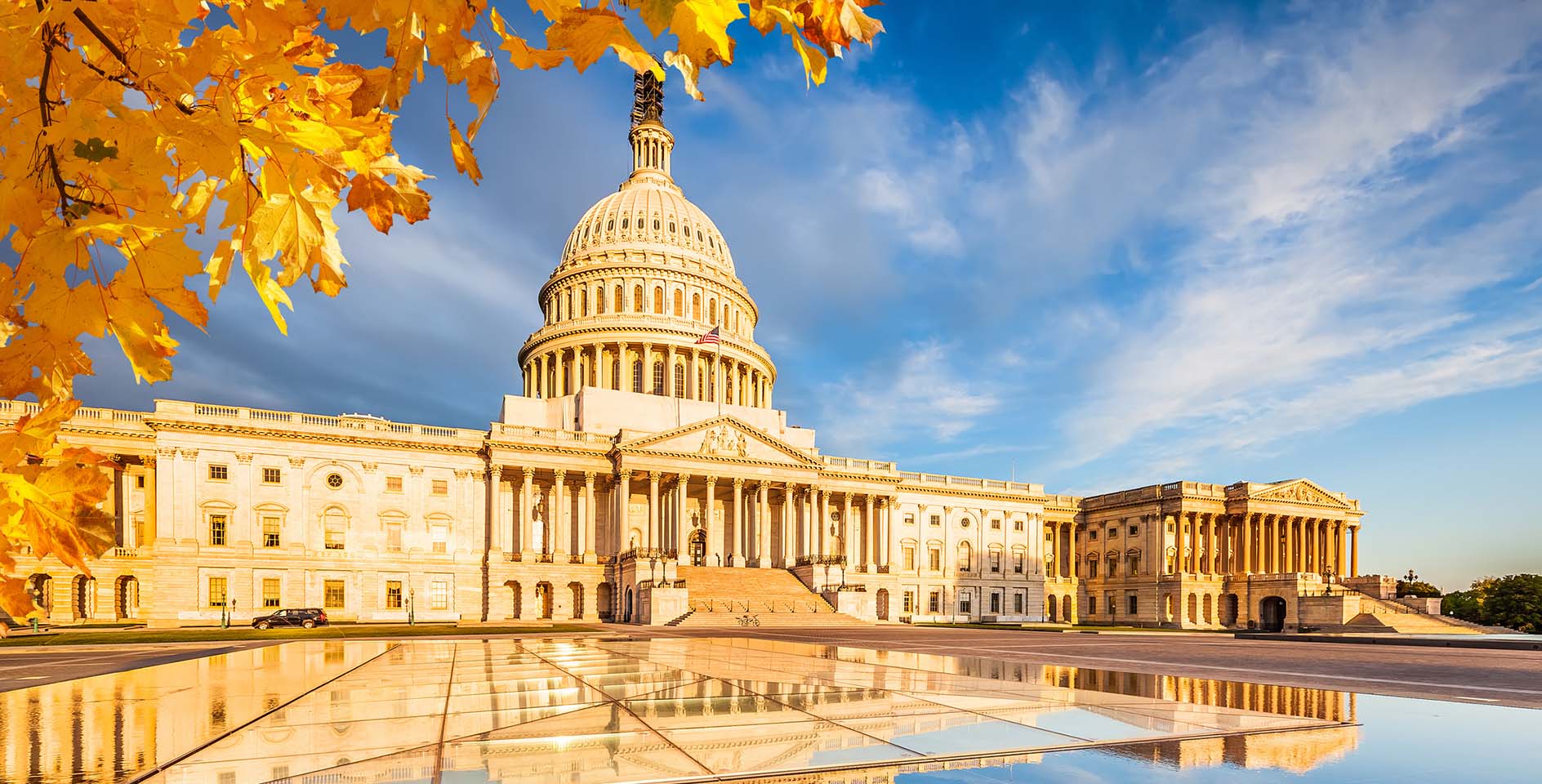A few years ago, I was working in the creative office of my alma mater. I heard our creative director say something that struck me. “You know that they can fire us, right?” He was referring to the business we had “hired” to produce a recent project.
We were in the middle of a highly detailed project involving a few different groups of people at a production house. Our organization and this production house had worked together for years on various projects and had built a great relationship, but this particular project was pushing everyone and was something new for all of us. The production house was trying to figure out if this project was something they could actually execute, and we were trying to make sure they could perform at the level we desired. Some frustration ensued during the process, but we were able to walk through the project without any major issues. However, what our creative director said in that moment always stuck with me.
We could be fired as a creative client. This production house was not required to keep working with us, regardless of the project. If they found us to be overly difficult to work with, if the project did not align with their values as a company, or if they just didn’t want to work on this particular project for some stated reason, they could in fact “fire” us as a partner and decide that they were not the best fit for this particular situation.
They would lose the business, but saying “no” in design is a cherished value in the creative community. A business or designer is encouraged to do what is best for the client and for themselves. That sometimes means turning down good paying work in order to protect the business. This assumption of creative liberty is in everyone’s best interest because it allows both parties to find the right fit to see a project through and does not force them to work on something they don’t desire.
Our inherent freedom
This freedom possessed by the production house is a similar freedom that all creatives have to accept or turn down work. But this freedom is often overlooked in today’s conversations about religious liberty and creativity. We read of cake bakers and photographers being taken to court over refusing to use their creativity to participate in a same-sex ceremony or an artist who refuses to perform a concert in a certain state based on legislation that violates his or her values.
Why is it that so many are completely against an artist using their creative and religious freedom to refuse to participate in a same-sex wedding, while they simultaneously celebrate the artist that refuses, on principle, to perform in a state in which there is legislation that goes against his deeply held beliefs?
Scripture teaches us that God created each man and woman in his image (Gen. 1:27) with certain inalienable rights. As Creator, God used his creative abilities to make everything and gave us a similar ability to take what he has created and to design things of our own. Our creative abilities are God-given and are designed to be used in glorifying the true and original Creator.
Religious liberty is a right given to each person by God and must be used responsibly.
Along with these creative gifts, we were also given the ability to worship and a freedom of conscience by which we could choose to glorify and honor God or to glorify and honor ourselves. We know how that choice ended up for mankind (Gen. 3); we chose to glorify and honor ourselves instead of God.
These artistic freedoms granted by God are central to who we are as his creation. All people have dignity and worth. All people have the ability to choose right and wrong. And all people are accountable for their actions and stewardship of the gifts they have been given.
As a creative who is also a Christian, I believe that all people have the right to live out their beliefs through their actions in all aspects of their life, especially in their vocation. Creativity is not just putting out a product or offering a service to someone. When one creates, we put our heart, mind, and soul into what we create. Just like a great writer is a part of their work or a sculptor puts his mark on his creation, we give ourselves to what we create—and it will always bear part of who we are. This is why creatives care so much about their work and how it is used or portrayed.
Our cultural hypocrisy
Every decision that we make is informed by our understanding of ourselves, the universe, and our concept of God. Just as the artist who decides they, in good conscience, cannot use their creative gifts to serve a same-sex wedding, I also believe that a creative should not be forced to violate their deeply held beliefs to perform in an arena in any place that they do not want or feel comfortable. To label some actions discriminatory while at the same time giving other artists freedom of conscience to not perform in venues for popular causes that hit at a politically convenient time, is nothing less than hypocrisy. It shows, sadly, that religious liberty and freedom of conscience in America are really about what’s popular, instead of giving space for disagreement. Sadly, opponents of religious liberty are living by a maxim that they only apply to themselves.
Creative freedom and liberty cannot only apply to the popular positions or stances on cultural issues. They must also apply to minorities whose positions might seem completely off base to the majority. My position on same-sex relationships and ceremonies might not be popular, but why should I be forced to violate my personally held beliefs if others are able to exercise their beliefs in their public vocations? Others might be celebrated by society, but both sides have the same rights and freedoms because every person has inherent worth and dignity.
Religious liberty is a right given to each person by God and must be used responsibly (Matt. 22:37-29). These are complicated issues, but even the complicated issues and variables surrounding certain cases can be worked out in public, and accommodations for all beliefs can be made in a pluralistic society. I believe that religious liberty applies to all people of all faiths or no faith at all, because I believe that all people are created in the image of God. No government or societal pressure should be able to coerce someone to violate her deepest held beliefs.










